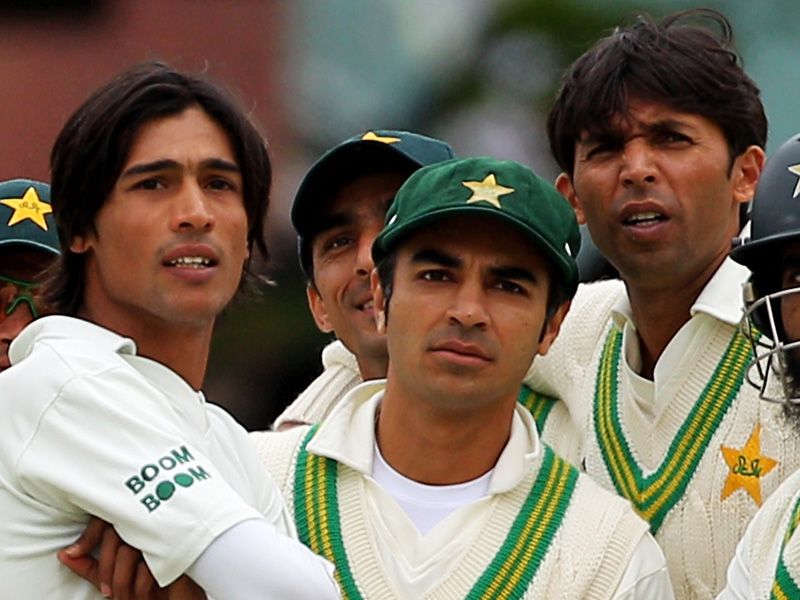Apparently a Woman in Spain Now Owns the

It's the source of energy that drives virtually all systems on Earth, making life itself possible on what would otherwise be a cold, inhospitable rock in the vastness of space -- the Sun. And, after what would appear to be a clerical oversight by the whole of humanity, it now belongs solely to a 49-year-old woman in Spain. Angeles Duran, ironically from the gloomy region of Galicia, has registered ownership of our closest star at her local notary office. But worry not, she's willing to share some of her sunshine with the world -- for a price.
Duran, who's magnanimously left the lights on for the rest of us, first had the idea to register ownership of the sun after reading about a man in the U.S. staking claim to another important celestial body, the moon. Since she called dibs on that glowing ball of burning gas that drives our weather and makes life possible on Earth, some have questioned the legality of her claim.
Apparently, under international treaty, no nation can 'own' a planet or star -- but, according to Duran, it doesn't say anything about individuals being prohibited from doing so. In fact, all the paperwork involved was handled quite smoothly, she told the AFP.
"There was no snag, I backed my claim legally, I am not stupid, I know the law. I did it but anyone else could have done it, it simply occurred to me first."
Ok, nobody said you were stupid. Please, just put down the sun before somebody gets hurt.
 To make matters worse, Duran reportedly has plans to charge the rest of us for the use of her new possession, but she'll be philanthropic with the profits, she says. 70 percent of the proceeds would go to the Spanish government and the nation's pension fund; 20 percent would go towards research and ending world hunger. And the last 10 percent? Well, she plans to keep that, you know, for a rainy day.
To make matters worse, Duran reportedly has plans to charge the rest of us for the use of her new possession, but she'll be philanthropic with the profits, she says. 70 percent of the proceeds would go to the Spanish government and the nation's pension fund; 20 percent would go towards research and ending world hunger. And the last 10 percent? Well, she plans to keep that, you know, for a rainy day.All kidding aside, while Duran's claims of ownership over the sun are clearly preposterous, it does raise some interesting philosophical questions. With nearly every other natural resource considered subject to private ownership -- land, water, minerals, and food -- would it really be so strange to see sunlight as a commodity, too? Sure, it would be impossible to parse out pieces of the sun to the paying public, but if it could be done is there any doubt somebody would have gotten rich off it already?
The broader implications of Duran's rather silly claims to the planet's most important resource are especially poignant considering how often others are unfairly distributed. As access to clean drinking water becomes more limited and arable land gets harder to come by due to a changing climate and booming population, humanity will undoubtedly begin to change the way it looks at the resources we've taken for granted for so long.
Finally, one enterprising fellow has noted he claimed the region of space between Earth and Sun and thus she needs to negotiate easements if she wishes to deliver sunlight through his property.



















